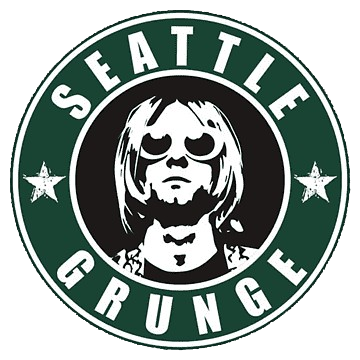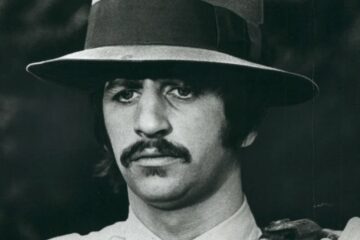Beatles broke up in 1970 but – as far as the film industry is concerned – they are more current than ever, with a flood of Beatles-related films in cinemas and on streaming platforms. The band’s final film Let It Be was restored and released on Disney+ in May; Midas Man, a biopic of their manager Brian Epstein is to be released in October; and One Hand Clapping, long-lost footage of Paul McCartney in the studio in the early 70s with Wings will get an airing in cinemas across the world starting next week. Oscar-winning director Morgan Neville is readying another McCartney documentary, Man on the Run, about his post-Beatles career. And on the horizon is Sam Mendes’ mammoth Beatles tetralogy – one film each for John Lennon, McCartney, George Harrison and Ringo Starr – planned for release in 2027.
The reasoning behind Beatles-related films is not hard to discern. Music writer and broadcaster Peter Paphides says: “For me, it’s like the greatest story ever told. We all know the story now. We know what the narrative arc is. We know it has everything in it. We know it has friendship, love, incredible music. The whole human condition is just encased in the story of the Beatles.”

Paphides identifies the Anthology TV series and accompanying album release in the mid-90s as the point when interest in the Beatles began to mushroom. “All of a sudden, for younger people who might have been into the emerging British guitar music, they could be into them almost like they were a current band. At the same time, you had their parents’ generation who never stopped loving them.” The steady stream of documentaries and features that followed – from the Sam Taylor Wood-directed Lennon biopic Nowhere Boy in 2009, to Martin Scorsese’s George Harrison documentary Living in the Material World in 2011, to the Richard Curtis/Danny Boyle fantasia Yesterday in 2019 – underscored the strength of the band’s appeal to film audiences decades on. These build on the five feature films – A Hard Day’s Night, Help, Yellow Submarine, Magical Mystery Tour and Let It Be – along with the various promos, videos and tour documentaries that the Beatles made during their active existence to create a mammoth archive of Beatles and Beatles-adjacent moving-image product.
Paphides says that this endless stream of films is part of a strategy by Apple Corps, the corporate entity that controls Beatles-related business. “What I notice in the way Apple are doing things these days is there’s a real sort of consciousness that you just keep having to put new projects out there, new releases, new films. There always has to be something on the go which will sort of keep the Beatles name right up there.”
Get Back, Peter Jackson’s eight-hour restoration of the footage shot by Michael Lindsay-Hogg for the Let It Be sessions in 1969, is a case in point; in the run-up to Lindsay-Hogg’s original film’s 50th anniversary in 2020, Apple asked Jackson to examine the raw footage sitting in its archive, and a combination of the pandemic and the director’s enthusiasm for what he found turned the project into arguably the TV event of the year.




